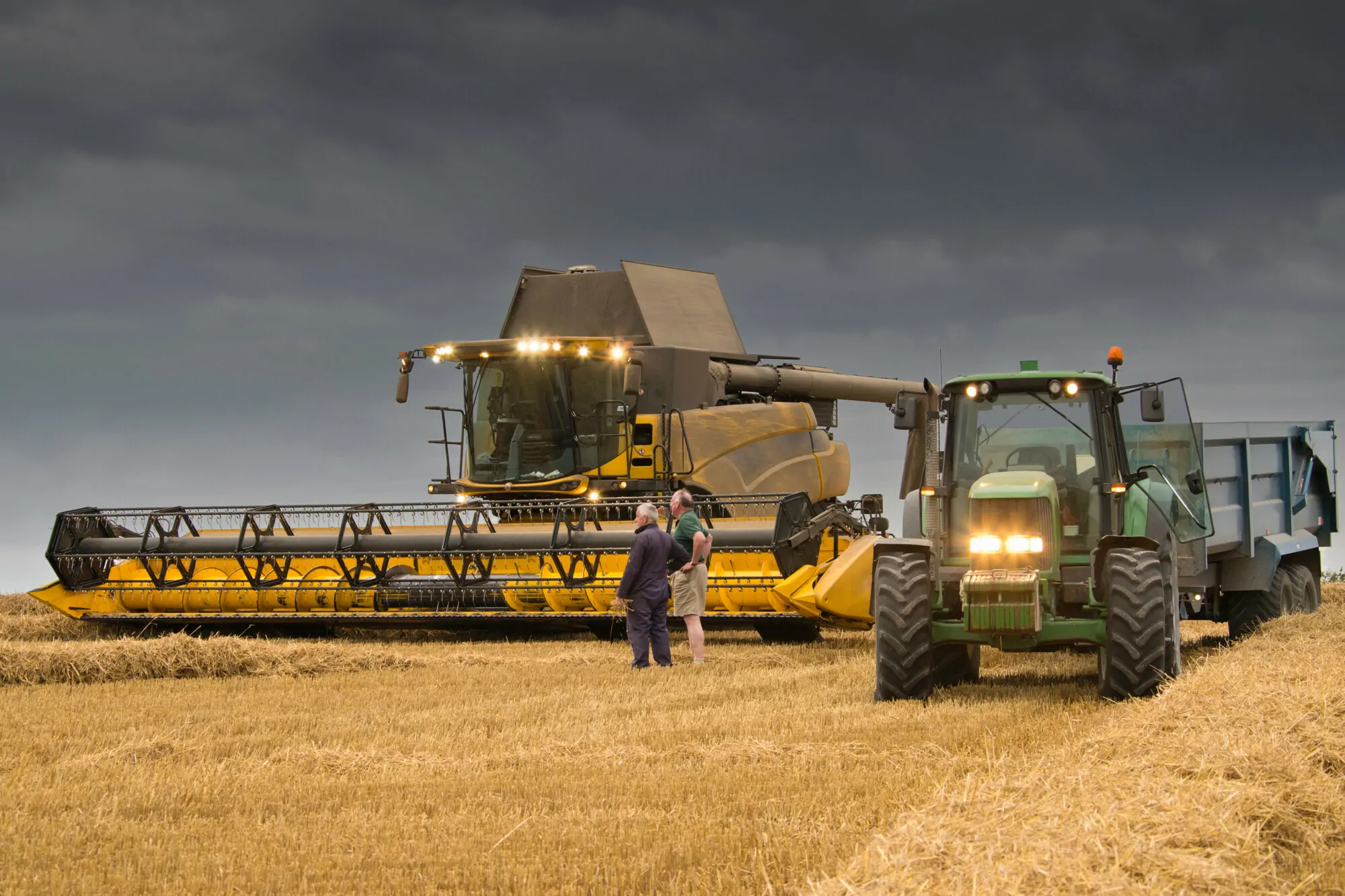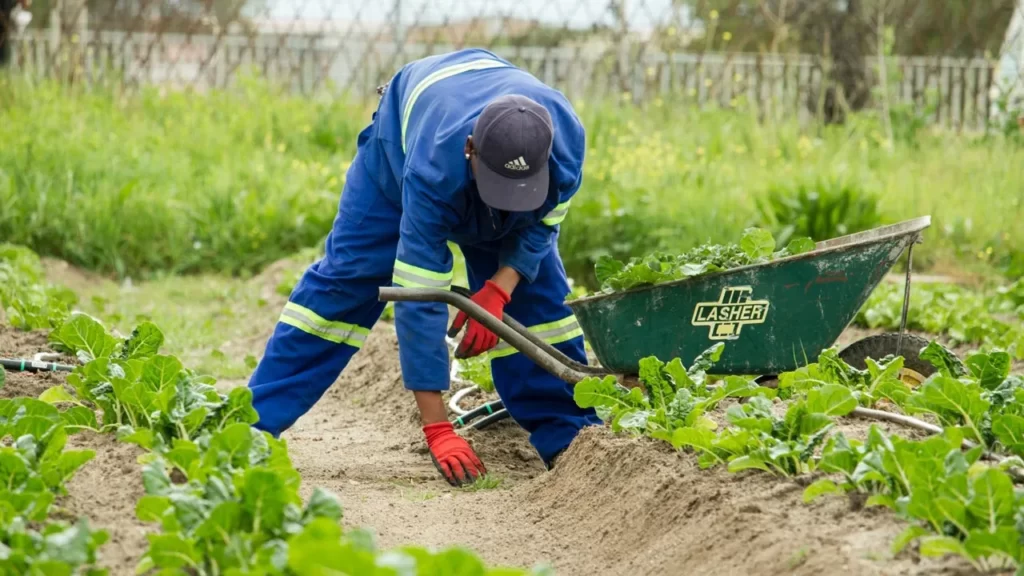
Farm Contractor Insurance
Farm contractor insurance plays a key role in farming in the UK, enabling farmers to do critical work without having to invest in expensive machinery or training. Nearly £500 million worth of farm hire work was carried out in 2011, and most of the farms are involved in contracts, either as buyers or suppliers. When performing these essential services, you want to be sure that your recruiting activities are covered. And that is exactly what agricultural contractor insurance is for.
Farm contractor insurance which coverage areas should I consider?
If you are a contractor, having the right liability farm contractor insurance is essential. Coverage areas to consider include:
- Product and Public Liability: to cover claims arising from your job or from injury to others
- Employer Liability: In the event that one of your employees suffers an injury at work resulting in a claim against you
- Tools and materials: in case of theft or damage
- Legal costs: advice on taxes and debts, as well as coverage of any legal costs
Farm Contractor Insurance
It is important for agricultural businesses to consider their liability insurance policy before engaging in incidental contract activities. Farm equipment is a major cost of capital for any farming activity. To help offset these costs, several farms are now seeking outside income through contract farming.
It is important for agricultural businesses to be aware of the limitations of liability within general business insurance and how they may affect their business insurance coverage.
What liability risks are associated with hiring staff?
- Personal injury on the farm
- Damage to agricultural land
Agricultural Contract Liability – Examples of Insurance Claims
· Claim Example I – Farm Contractor Insurance
A contractor’s burner catches fire and the fire spreads to clients and adjacent properties, causing damage to farm sheds, fences, and residences.
· Claim Example II – Farm Insurance
An employee of the customer’s farm assists with hay/silage on the farm and is injured by a contractor’s machine. The contractor receives a Workcover claim from the client and also a personal claim from the employee.
· Claim Example III – Agricultural Contractor Insurance
Hay stored in a farm machinery/hay shed catches fire. The contractor baled the hay too early and the customer’s hay spontaneously ignited due to the high moisture content. The contractor will receive a claim from the client’s farm insurance company for the loss of the sheds and associated machinery lost to the fire.

Farm Contracting Professional Indemnity Insurance
There are also other liability risks, such as errors in formulas or designs that must be considered in a liability insurance policy for agricultural professionals. An example of this particular risk is that a contractor has not used the correct seeding depth/speed resulting in a failed attack resulting in financial loss to the customer.
Agriculture Liability Insurance Cover
Most agricultural policies will provide a level of cover below the public liability/agricultural products cover, as long as the agricultural contracting activities are considered “incidental” and the activities are related to “agricultural activities”. Both terms are generally defined in the policy formulation and it is important that if your business engages in contract farming these activities fall within the definition of the policy.
Some policies limit coverage based on a percentage of the farm’s total income, while other insurers put a specific dollar amount on the farm’s contract income that the farm can receive.
It is vital that if a farm exceeds the policy terms, alternative agricultural insurance is taken out. In several cases, a policy can be extended with an additional premium to ensure adequate coverage. For large contractors, specific agricultural contractor insurance is required.
Property Insured Entity
Like any liability insurance, it is important that associated companies, trusts, and entities are properly listed on the policy to ensure coverage in the event of an insured loss.
In the event that the farm carries out contract work under a business separate from the “farm” business, it may invalidate the farm insurance. A review of the insured entities in an agricultural policy is always recommended to ensure that business changes do not affect the coverage of the agricultural policy.
It is important that you are dealing with an agricultural insurance broker who has experience in buying agricultural insurance and who can tailor a specific insurance policy to suit your agricultural and purchasing requirements.
Farm Contractor Insurance Frequently Asked Question
1. What is the importance of the Civil Liability cover?
Liability insurance covers legal costs and fees for which you or your company may be liable as a result of someone else’s injury or property damage. The law doesn’t require it, but since you often work on someone else’s farm and are likely to have tools and equipment that could injure others, it’s wise to cover yourself in the event of an accident.
2. Do I need employer’s liability insurance?
If you employ one or more people, you need this covered by the law. Labor-only subcontractors (LOSCs) may be common in the construction industry, but if you provide tools and the work method, even if you don’t deduct taxes and social insurance, LOSCs may qualify as employees in the eyes of the court.
On the other hand, bona fide subcontractors (BFSCs) are those who work without instructions from you, usually have their own tools and usually have their own insurance.
3. What is JCT coverage and do I need it?
JCT clauses 21.2.1 or 6.5.1 can be found in the JCT standard construction contract form. They require that the insurance is arranged in the joint name of the employer and the contractor. This coverage protects the employer from his legal liability for loss or damage to adjacent or surrounding property.
JCT coverage is usually needed for larger, more complex projects, so if you’re doing this type of work, you should consider this coverage.
4. What types of agricultural businesses are covered?
This insurance can cover a variety of farming activities including baling, fencing, harvesting, picking, calving, sterilizing, and combining. It is also clear that many contractors have more than one trade, so you can also get coverage if you are involved in plumbing, construction, electrical and similar activities.
You can get coverage for more than one surgery, and the more details you provide about your various activities and the percentage of time you spend on each surgery, the more likely you are to get a competitive quote, as the insurer will have a good idea of your risk. profile.
5. How are the costs of my cover calculated?
The price you pay for your contractor’s liability insurance depends on a number of important things. What you do, where you do it, and how much you do really matter, especially given the diverse nature of contract farming. This is combined with information about the desired level of coverage and any previous claims you have made.
Conclusion – Farm Contractor Insurance
It is important for agricultural businesses to consider their liability insurance policy before engaging in incidental contract activities. Farm equipment is a major cost of capital for any farming activity. To help offset these costs, several farms are now seeking outside income through Farm Contractor Insurance.







